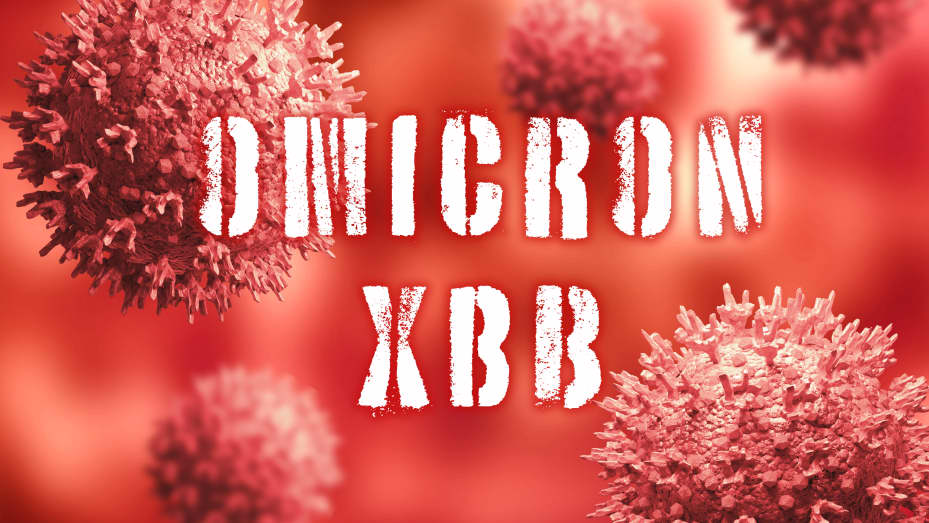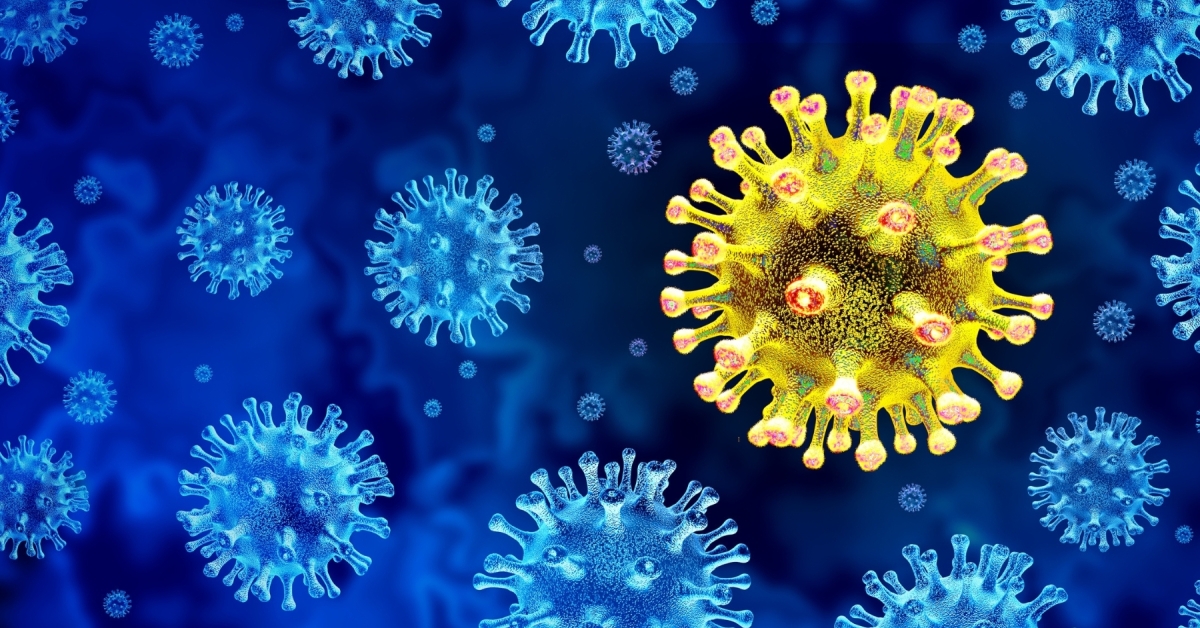The Covid omicron XBB.1.5 variant is rapidly becoming dominant in the U.S. due to its high immune evasiveness and enhanced ability to bind to cells compared to related subvariants, according to scientists.
XBB.1.5 now accounts for about 41% of new cases nationwide in the U.S., nearly doubling in prevalence over the past week, as reported by the Centers for Disease Control and Prevention on Friday.
The subvariant more than doubled as a share of cases every week through Dec. 24, almost doubling from a 21.7% prevalence in the past week.
Scientists and public health officials have been closely monitoring the XBB subvariant family for months due to their numerous mutations, which could potentially reduce the effectiveness of Covid-19 vaccines, including the omicron boosters, and lead to more breakthrough infections.
“XBB was first identified in India in August. It quickly became dominant there, as well as in Singapore. It has since evolved into a family of subvariants including XBB.1 and XBB.1.5.”
Andrew Pekosz, a virologist at Johns Hopkins University, explained that XBB.1.5 differs from its family members because it has an additional mutation that improves its ability to bind to cells.
“The virus needs to bind tightly to cells to be more efficient at getting in and that could help the virus be a little bit more efficient at infecting people,” Pekosz said.
Yunlong Richard Cao, a scientist and assistant professor at Peking University, shared data on Twitter Tuesday indicating that XBB.1.5 not only evades protective antibodies as effectively as the highly immune evasive XBB.1 variant but also binds better to cells through a key receptor.
In a study published earlier this month in the journal Cell, scientists at Columbia University warned that the rise of subvariants like XBB could “further compromise the efficacy of current COVID-19 vaccines and result in a surge of breakthrough infections as well as re-infections.”
The XBB subvariants are also resistant to Evusheld, an antibody cocktail relied upon by many with weak immune systems for protection against Covid infection due to their poor response to vaccines.

The scientists described the XBB subvariants’ resistance to antibodies from vaccination and infection as “alarming.”
They found that XBB subvariants were even more effective at evading protection from the omicron boosters than the BQ subvariants, which are also highly immune evasive.
Dr. David Ho, an author of the Columbia study, concurred with other scientists that XBB.1.5 likely has a growth advantage due to its better cell binding capability compared to its XBB relatives.
Ho also noted that XBB.1.5 is about as immune evasive as XBB and XBB.1, which were among the subvariants most resistant to protective antibodies from infection and vaccination to date.
Dr. Anthony Fauci, who is stepping down as White House chief medical advisor, previously stated that the XBB subvariants significantly reduce the protection provided by boosters against infection.
“You could expect some protection, but not the optimal protection,” Fauci told reporters during a White House briefing in November.
Fauci expressed optimism based on Singapore’s experience, which saw a major surge of infections from XBB without a corresponding rise in hospitalizations.
Pekosz suggested that XBB.1.5, combined with holiday travel, could increase cases in the U.S., but noted that boosters appear to be preventing severe disease.
“It does look like the vaccine, the bivalent booster, is providing continued protection against hospitalization with these variants,” Pekosz said.
“It really emphasizes the need to get a booster particularly into vulnerable populations to provide continued protection from severe disease with these new variants.”
U.S. health officials have repeatedly urged the elderly to stay up to date on their vaccines and get treated with the antiviral Paxlovid if they experience a breakthrough infection.
